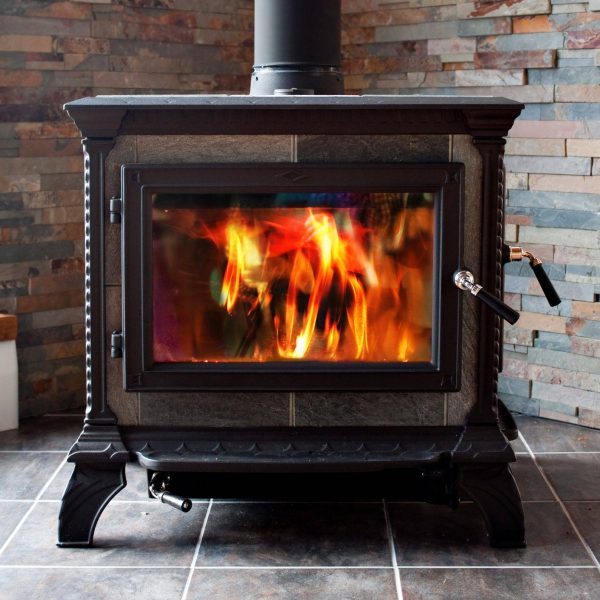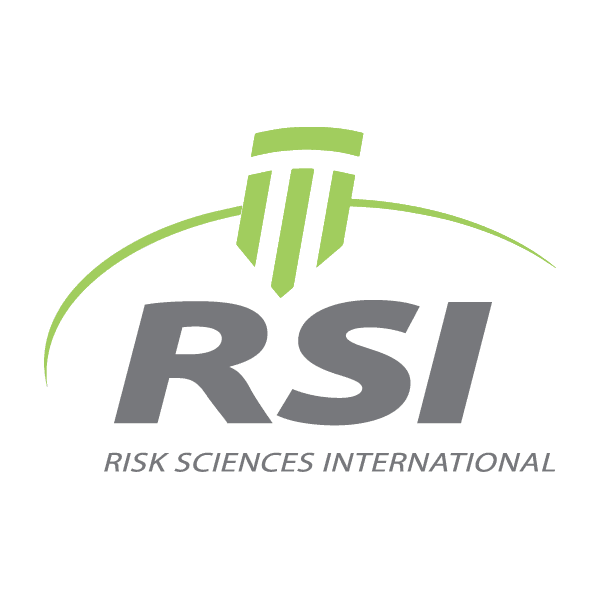Wood smoke is a significant contributor to air pollution, especially in regions where wood burning is used for residential heating or where wildfires are prevalent. Fine particulates and toxic compounds in wood smoke are linked to respiratory illnesses, cardiovascular disease, and increased mortality. In addition to health impacts, wood smoke contributes to climate change through emissions of black carbon.
Managing wood smoke risks is challenging because of cultural traditions, economic constraints, and geographic differences. Rural and Indigenous communities may rely heavily on wood burning for heat, while urban areas experience seasonal spikes in air pollution from residential stoves. Governments must balance health protection with affordability and cultural practices, industries provide cleaner technologies, and the public requires clear guidance on safer practices.
Risk sciences help quantify exposures, model health outcomes, and evaluate the effectiveness of interventions such as cleaner-burning stoves, fuel alternatives, or restrictions during high-pollution episodes. They also guide communication strategies that respect cultural contexts while promoting health protection.
RSI is committed to addressing the risks of wood smoke, bringing expertise and experience to support practical, science-based solutions.

